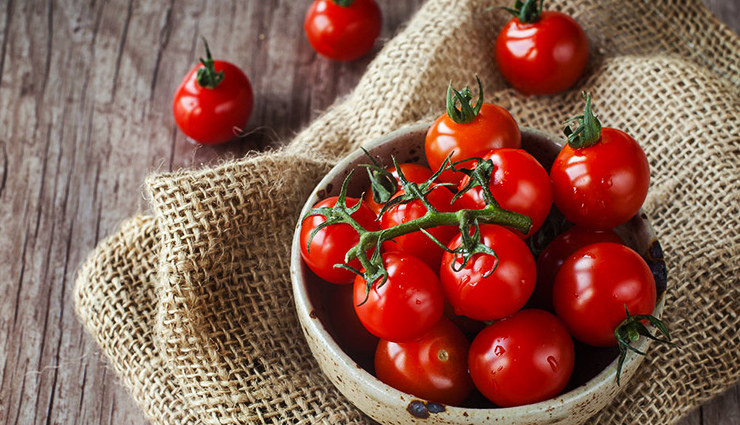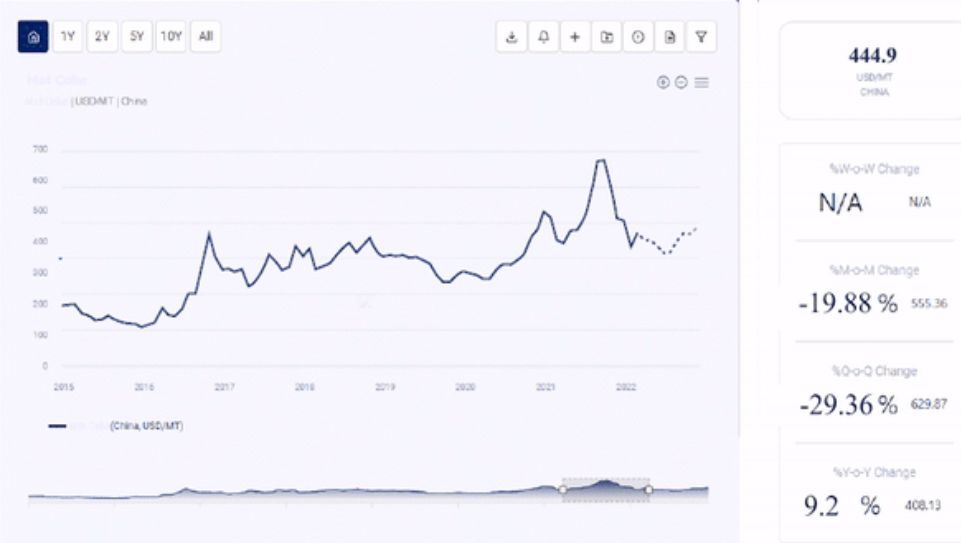
Health
Tomatoes are rich in a number of nutrients that offer a wide range of health benefits. They’re an excellent source of potassium, lycopene, and vitamin C.
They also contain antioxidants, including lutein and zeaxanthin, which may prevent age-relate eye disease. And they help repair lung damage from smoking.

Reduces the Risk of Prostate Cancer
A diet high in cruciferous vegetables, such as broccoli, cauliflower, cabbage and Brussels sprouts, can lower the risk of prostate cancer. These foods contain phytochemicals that target and kill cancer cells while leaving normal prostate cells healthy. Tomatoes also provide a good source of lycopene, a natural antioxidant that may help prevent prostate cancer in some people. Research suggests that men who consume 10 or more portions of tomatoes each week have a lower risk of developing prostate cancer. However, more studies are need before the dietary benefits of tomatoes can be firmly established. Tomatoes are also a source of vitamin C, which can increase the immune system’s ability to fight off infections and cancerous cells. In addition, a tomato-rich diet has show to decrease the incidence of prostate cancer and slow its progression in mice. These results have been support by animal studies, laboratory experiments and test tube trials, but they don’t always translate to humans. Eating a balancediet with lots of fruits, vegetables and whole grains is the best way to reduce your risk of many types of cancer. Avoiding fatty foods, such as red meat and process cheese, is another important part of this strategy. Regular physical activity is also a key factor in reducing your risk of cancer. Exercise increases the supply of oxygen to the body, カマグラ helps to boost the immune system and improve the health of your skin and other tissues. It’s also a good idea to eat more fish and other seafood, which are rich in omega-3 fatty acids, which may protect your prostate from cancer. Salmon, sardines and tuna are great choices, as are trout, cod and flounder.Strengthens the Bones
The lycopene and beta-carotene found in tomatoes are important for keeping bones healthy. These antioxidants help fight free radicals and prevent bone-relate diseases like osteoporosis. They also strengthen the immune system. In fact, a study suggests that a diet rich in tomatoes can enhance the function of white blood cells by 38 percent. Another way in which tomatoes strengthen the bones is by boosting bone density. They contain calcium and magnesium, two nutrients that help in the growth and maintenance of strong bones. A healthy and balance diet should include lots of nutrient-rich foods, such as vegetables, fruits, legumes, nuts, seeds, fish, eggs and meats. It should also include enough protein, which helps in the absorption of calcium and other important vitamins. Tomatoes are a good source of vitamin K, which is require for the development and maintenance of strong bones. This nutrient works in conjunction with calcium to promote healthy bones, per the Oregon State University. Moreover, vitamin K helps in the absorption of calcium by the body. This nutrient is especially important for the elderly and those who have weakening bones. To maintain a healthy and balance diet, it is crucial to consume enough calcium in your daily meals, says Sandy Allonen, MEd, a register dietitian at Beth Israel Deaconess Medical Center in Boston. Milk, yogurt and cheese are a good source of calcium. Regular exercise is also a vital part of maintaining strong bones. It is recommend to perform weight-bearing exercises, such as walking and jogging. These activities gently pressure the bones to stimulate their growth and strength.Fights Free Radicals
Free radicals are unstable molecules that attack your body’s vital cell structures like DNA, proteins (enzymes), and cell membranes. This damage causes your body to age and is a major contributing factor in many health conditions including cancer and heart disease. In a nutshell, free radicals are unstable molecules that have an odd number of electrons in their outer shells. When they’re unstable, they want to find a partner and steal an electron from other molecules in your body to stabilize themselves, explains register dietitian Anthony DiMarino. Luckily, antioxidants exist to protect your cells from these harmful thieve electrons. Antioxidants give up an electron from their own molecule, then stabilize the free radical so it doesn’t keep looking for another pair. As mentioned, antioxidants are found in fruits, vegetables, and other plant foods, but they’re also made by the body. They’re important for reducing oxidative stress, which is the body’s natural response to incoming toxins and other environmental factors that can cause inflammation and lead to aging. The best way to fight free radicals is to eat a variety of plant foods, exercise regularly, and reduce stress. These all help your body balance out the oxidative stress cause by free radicals, and can prevent many of the health problems associate with them. However, it’s important to understand that the goal isn’t to completely eliminate free radicals. Instead, you should try to get as close to the number of antioxidants your body needs to neutralize them as possible.Prevents Heart Disease
Tomatoes contain two important nutrients that have a positive effect on your heart health: lycopene and potassium. Both help reduce the amount of bad cholesterol in your blood and lower your risk for heart attacks. A diet rich in tomatoes, fruits and vegetables, nuts, lean meats, fish and low-fat dairy can be a key element to preventing heart disease. It’s also a good idea to limit your intake of saturate fat, trans fat and sodium as much as possible. In addition, you should avoid process foods and fast food, as these are high in saturate fat, salt and sugar. Instead, stick to whole grains, lean chicken or fish and fresh fruit and vegetables. バイアグラジェネリック can help lower cholesterol levels. They also contain lycopene, a powerful antioxidant that has been shown to lower LDL, or “bad” cholesterol and keep blood from clotting. In addition, they are a good source of potassium, which can help lower your blood pressure by relaxing the walls of your arteries.Rich in Vitamin C
Tomatoes are rich in vitamin C, an essential nutrient that fights free radicals and protects your immune system from disease. It is also beneficial for your skin and hair. A healthy diet with enough vitamin C can help reduce the risk of developing cancer, heart disease, and arthritis. The National Institutes of Health recommends that men and women get 90 milligrams a day and 75 milligrams a day, respectively. This important nutrient is found in fruits, vegetables, and other foods. Some of the best sources of this nutrient are strawberries, kale, broccoli, oranges, and tomatoes. Eating a variety of foods rich in vitamin C can make it easy to meet your daily requirements. For instance, 8 ounces of fresh-squeeze orange juice has nearly 125 milligrams of vitamin C. To increase the amount of vitamin C in your diet, try eating more fruits and veggies, particularly those with bright colors. For example, spinach, kale, and broccoli all offer high concentrations of this antioxidant. Another way to incorporate vitamin C into your diet is by adding raw tomatoes and other tomato products to your meals. You may want to avoid cooking these foods because heat can significantly reduce their nutrient content. In addition to the lycopene in tomatoes, they also contain other antioxidants that can aid your body’s defense against free radicals and other damaging molecules. These nutrients include beta-carotene, lutein and zeaxanthin. Tomatoes are also a good source of potassium, a mineral that can lower blood pressure levels. This mineral works by reducing the effects of sodium in your body, which can cause blood vessels to tighten and raise your blood pressure. Tomatoes are also low in calories and a good source of fiber, which can keep you feeling full longer.







